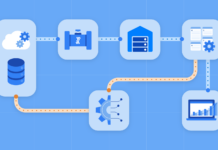Any practical mobile software development approach now includes an automated software testing platform. Even though there are many other mobile test automation solutions, Appium has emerged as the best due to its efficiency. Mobile testing using Appium gives the testers leverage with its architecture. It guarantees that the procedure will result in high-quality solutions while adhering to stringent time and financial constraints.
Appium & Its Architecture
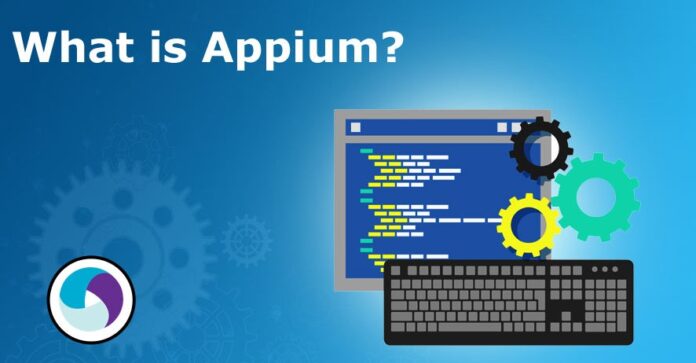
HeadSpin creates and maintains the infrastructure required to automate native, mobile web, and hybrid mobile applications. Appium is a free automated testing solution for iOS and Android that uses a WebDriver to test native mobile and mobile web apps. Appium testing is an automation solution for iOS and Android. Through WebDriver protocol, it communicates with native iOS and Android apps.
The three components of Appium’s client-server architecture are the server, client and the end user. The Appium driver is a piece of software that implements the Appium protocol for a specific platform. The Appium server detects the requests and immediately connects to the appropriate end device.
The Appium server begins testing cases on the end machine. It runs commands on Android smartphones, real devices, and simulators using the UI Automator test framework. This makes Appium automation more desirable to testers and developers.
1) Make use of a standard API
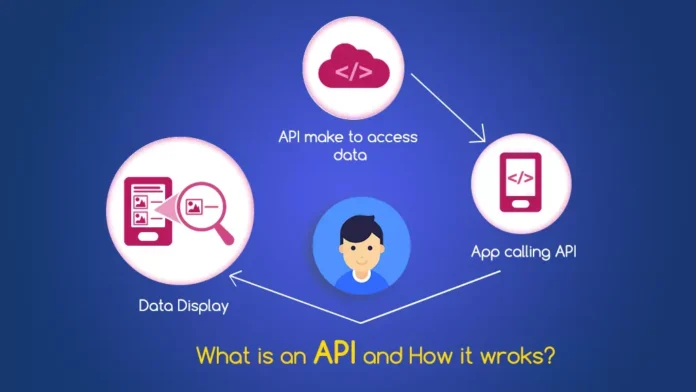
Appium is popular. After all, because it uses the same API across platforms, you don’t need to change your app’s code or recompile it. Appium makes it simple to create tests for iOS and Android that uses the same API. However, having separate scripts for iOS and Android would be beneficial because UI elements differ on each device.
2) Use any language that Webdriver supports
Appium allows you to write and execute tests without being bound by a particular language or framework. The tests can be written in any language that supports WebDriver. Perl is included with the Selenium WebDriver API, PHP, Ruby, Java, C#, Python, and Javascript with Node.js.
3) Selective Testing Framework
Appium automation allows teams working on mobile devices to use any testing framework. Previously, tests could only be coded in Javascript using Apple’s UI Automation library or in Java using Google’s UI Automator. Appium completely transformed the scenario.
4) Automated Cross-Platform Testing
It is the most effective automation solution for testing mobile apps on both Android and iOS devices. Appium routes the automation command through a proxy to the test case on UIAutomator running on the device. JUnit test cases, for example, can be run from the command line on the device utilizing the UI Automator native UI automation framework for Android.
5) Free and Open Source
One of Appium’s drawbacks is its open-source testing framework, which allows you to test on real devices, emulators, simulation software, and native, hybrid, and web apps for iOS and Android. It is easy for novice automation engineers to find answers to their problems because Appium has a vast and active open community.
Advantages of Appium Testing
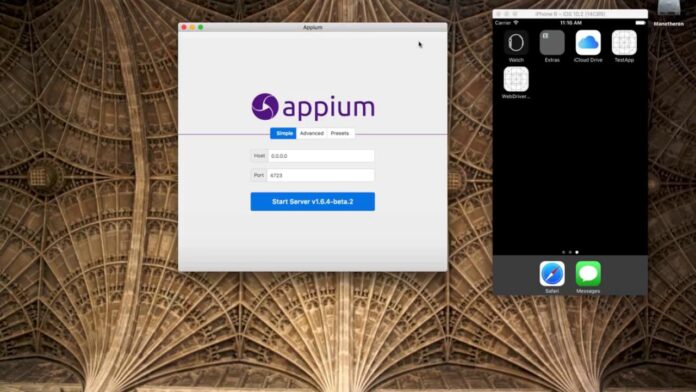
The following are the top reasons why Appium is superior to other mobile automation test tools:
- Appium leverages platform-independent automation APIs. Thus the tested app does not need to be updated or recompiled.
- Web-driver is compatible with test scripts written in programming languages like JavaScript, Java, and Objective-C.
- Any testing framework is acceptable.
- It is less challenging to start up on a different platform.
- Many programming languages are supported, including Python, Java, Ruby, PHP, and Node.
- Mobile devices do not need to be configured to utilize the tool.
- To communicate with native apps, Appium employs WebDriver’s protocol.
- Java can be used to make other devices interact with one another.
Appium support for mobile device cloud is built in
A mobile device cloud facilitates device management and sharing, as well as continuous delivery and automated testing. It will also provide additional protection against any difficulties when testing on an open-source platform. Teams may start automating processes and scaling them up rapidly with a mobile device cloud that includes Appium.
Disadvantages
Appium contains some minor flaws, much like a coin has two sides. Appium is unable to do image recognition. Appium also has issues such as inadequate documentation and a lengthy installation process.
Despite these issues, Appium supports most platforms, frameworks, languages, and APIs. It supports the device, emulator, and simulator cloud-based testing. It is similar to other well-known mobile automation technologies.
Improve Your Appium Testing Experience With Headspin(/Conclusion)
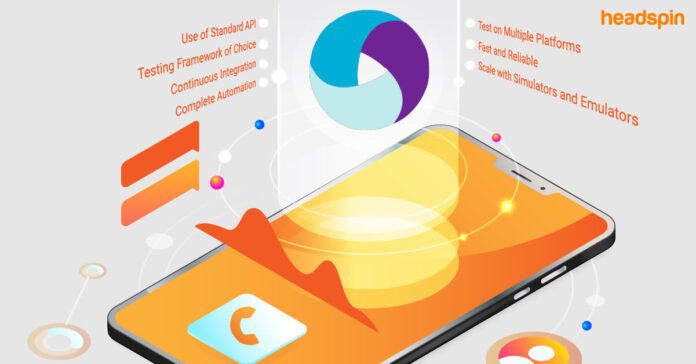
Appium is one of the most popular services for testing mobile apps, and it’s safe to infer that it’s a big player in mobile test automation. Appium automation, according to app developers and testers, is the best option because it can run on various devices and operating systems.
Furthermore, developing Appium testing is simple. If you’re looking for an automation testing tool, TestGrid is the ideal place to start. As previously stated, TestGrid’s numerous features enable users to perform manual and automated testing rapidly and affordably.
HeadSpin, a mobile app automation solution, can help speed up Appium test cycles. As an automated software testing platform, HeadSpin improves the performance of your mobile app with more efficient testing.
If your team already has Appium tests, they can be connected with the HeadSpin Platform and executed on any device you can access. The latest platform version allows one to debug and build Appium scripts in the UI without needing an app or desktop client.
Capabilities of HeadSpin Appium:
Appium Inspector, a prominent feature set of Appium, is used to detect UI elements of a mobile app while constructing Appium automation scripts. To investigate the app view hierarchy, Appium Inspector typically works in tandem with either an actual device accessed from your local machine, a simulator (for iOS), or an emulator (for Android). HeadSpin, on the other hand, has created a function that can avoid the extra labor of building simulators/emulators, downloading apps for testing, and so on. The Appium server on each HeadSpin host supports several custom capabilities in addition to standard Appium capabilities and W3C WebDriver specifications.
HeadSpin is an enthusiastic supporter and contributor to the test automation community, concentrating on developing a worldwide infrastructure to conduct Appium tests across several geographies under real-time conditions and user scenarios.


